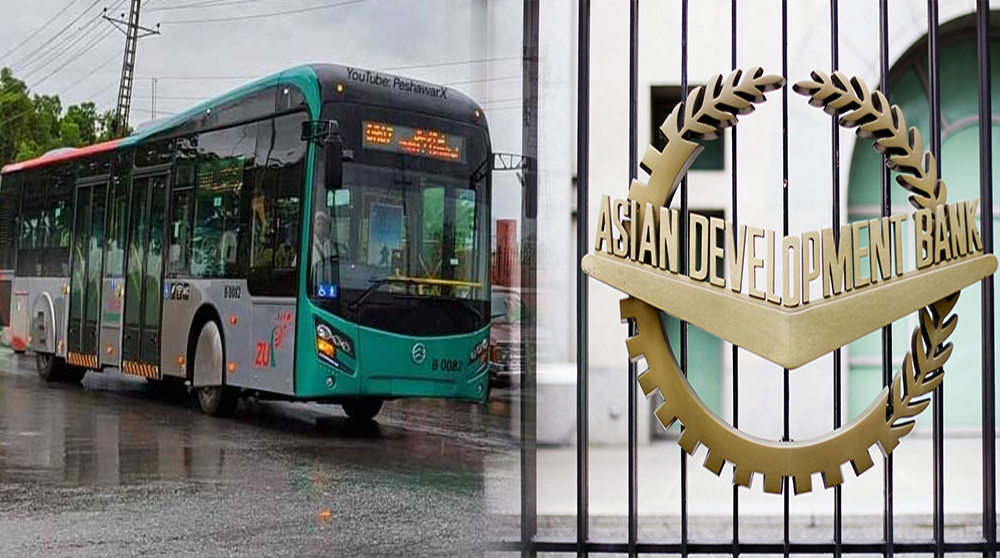PTBP Web Desk
In a significant effort to improve governance efficiency, the Economic Coordination Committee (ECC) of the Cabinet, led by Federal Minister for Finance and Revenue, Senator Muhammad Aurangzeb, held a crucial meeting at the Finance Division this Wednesday. The session focused on the ongoing issue of delays in executing ECC decisions, aiming to streamline inter-ministerial coordination.
The ECC reviewed various policy decisions previously made across sectors like finance, interior, industries, inter-provincial coordination, housing, food security, power, and health services. This review was vital to assess the government’s ability to translate policy into action, directly affecting economic health and growth.
High-profile attendees included Minister for Industries Rana Tanveer Hussain, Minister for Power Sardar Awais Ahmed Khan Leghari, Minister for Planning Ahsan Iqbal, Minister for Commerce Jam Kamal Khan, and Minister of State for Finance Ali Pervaiz Malik, participating virtually, highlighting the government’s commitment to resolving these delays.
The ECC expressed significant concern about the sluggish pace of decision implementation. A notable example was the directive from May 7, 2024, for the Housing and Works along with the Ministry of Interior (CDA) to formulate a plan for outsourcing maintenance of federal buildings. Despite subsequent approvals and reminders, the lack of action was evident.
Enhance coordination with stakeholder divisions.
Engage proactively using an escalation mechanism for timely compliance.
Provide regular updates on the implementation progress.
These directives aim to foster a more dynamic administrative system, reducing the red tape often encountered in government operations.
Detailed discussions during the meeting allowed each ministry to present the status and steps towards resolving pending issues:
The Finance Ministry discussed financial strategies and debt management.
The Interior Ministry focused on decisions impacting economic security.
Industries and Production reviewed industrial policies and their economic impacts.
Inter-Provincial Coordination looked into aligning provincial economies with national policies.
Housing and Works and CDA were critically reviewed for their inaction.
Food Security and Research addressed agricultural policy execution.
Power Division discussed energy sector reforms.
National Health Services reviewed health policies in the context of economic effects.
The ECC’s initiative to curb implementation delays is pivotal for enhancing Pakistan’s policy effectiveness. This meeting not only shed light on existing inefficiencies but also set a tone for accountability and urgency in government operations. For the public and economic stakeholders, swift policy execution could mean faster economic relief and a more favorable business climate.
The ECC’s recent actions signify a move towards rectifying the administrative inefficiencies that have long impacted Pakistan’s governance. By promoting a culture of accountability and prompt action, the government aims to ensure its policies deliver real-world benefits.




